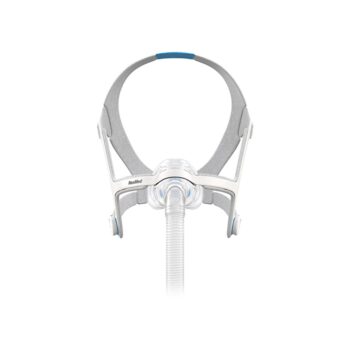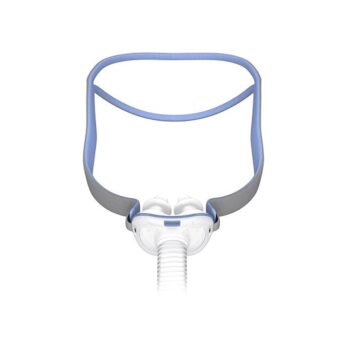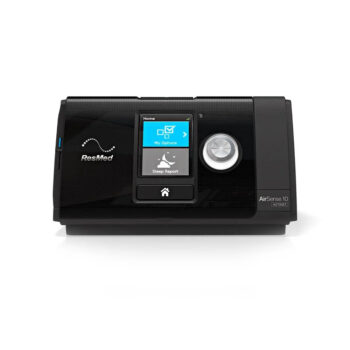Health
Sleep Apnea, Nearly 1 Billion People Worldwide Have
Nearly 1 Billion Worldwide have Sleep Apnea
Nearly 1 Billion Worldwide have Sleep Apnea, a new data analysis presented by ResMed this week at the ATS 2018 International Conference indicates that the prevalence of sleep apnea impacts more than 936 million people worldwide—nearly 10 times greater than previous estimates.
The study “Global Prevalence of Obstructive Sleep Apnea (OSA)” was conducted by an international panel of researchers seeking to provide a clear scope of the impact of the chronic sleep-disordered breathing condition. The previous estimation of OSA prevalence (100 million) came from a 2007 World Health Organization study that used methods and data available at the time. By analyzing technology improvements in detecting OSA and underreported statistics from other areas of the world, this latest study depicts an impacted population significantly larger than previously identified.
“The research and findings are a revelation in sleep apnea research and represent a vastly underreported major public health issue,” says Adam Benjafield, ResMed vice president of Medical Affairs and lead study researcher, in a release. “This new study demonstrates a need for expanded awareness around the diagnosis and treatment of OSA worldwide.”
ResMed chief medical officer Carlos M. Nunez, MD, says, “This study should encourage physicians to talk with their patients about how sleep affects our overall health. It should also cause more people to ask themselves, ‘Do I or my bed partner have this?’ Those who have sleep apnea don’t often realize they have it and, therefore, don’t realize they can do something to mitigate the resulting chronic fatigue or its more harmful long-term health risks. And sleep apnea isn’t just a disease for older, overweight men, as once thought. It affects people of all ages, all ethnic and racial groups, all states of health, and is not gender-specific. In fact, nearly half of newly diagnosed patients are female.”






